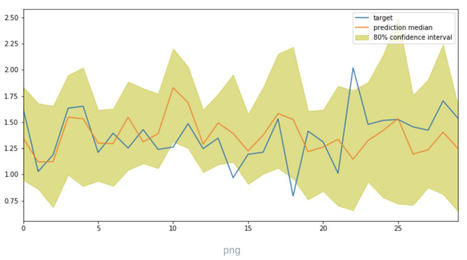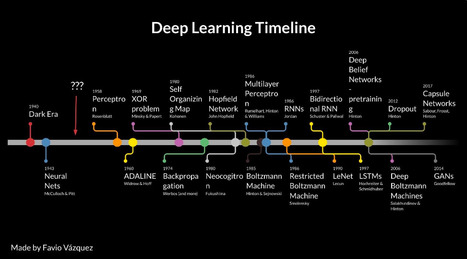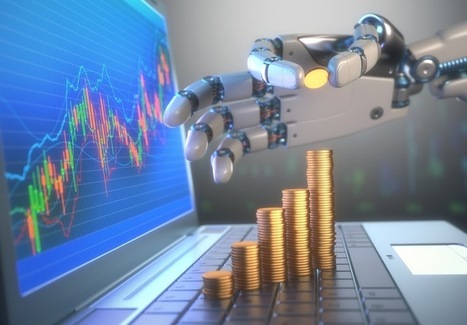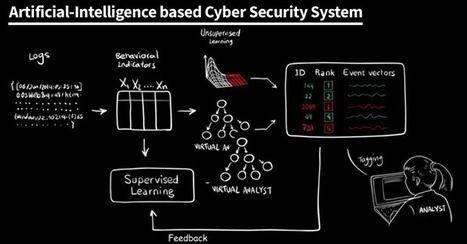From AlexNet to GPT-3, we curate a list of 10 papers that mark significant research advancements in machine learning, deep learning, computer vision, NLP, and reinforcement learning over the past 10 years. Author presentation and detailed paper reviews are also included. (Authored by Crossminds in Research Spotlights)
Research and publish the best content.
Get Started for FREE
Sign up with Facebook Sign up with X
I don't have a Facebook or a X account
Already have an account: Login
 Your new post is loading... Your new post is loading...
 Your new post is loading... Your new post is loading...
|

Farid Mheir's curator insight,
June 11, 2017 4:37 PM
WHY THIS IS IMPORTANT AI startups funding shows that the investments has been growing steadily in the past 4 years and that every industry will be affected by the technology. |

































